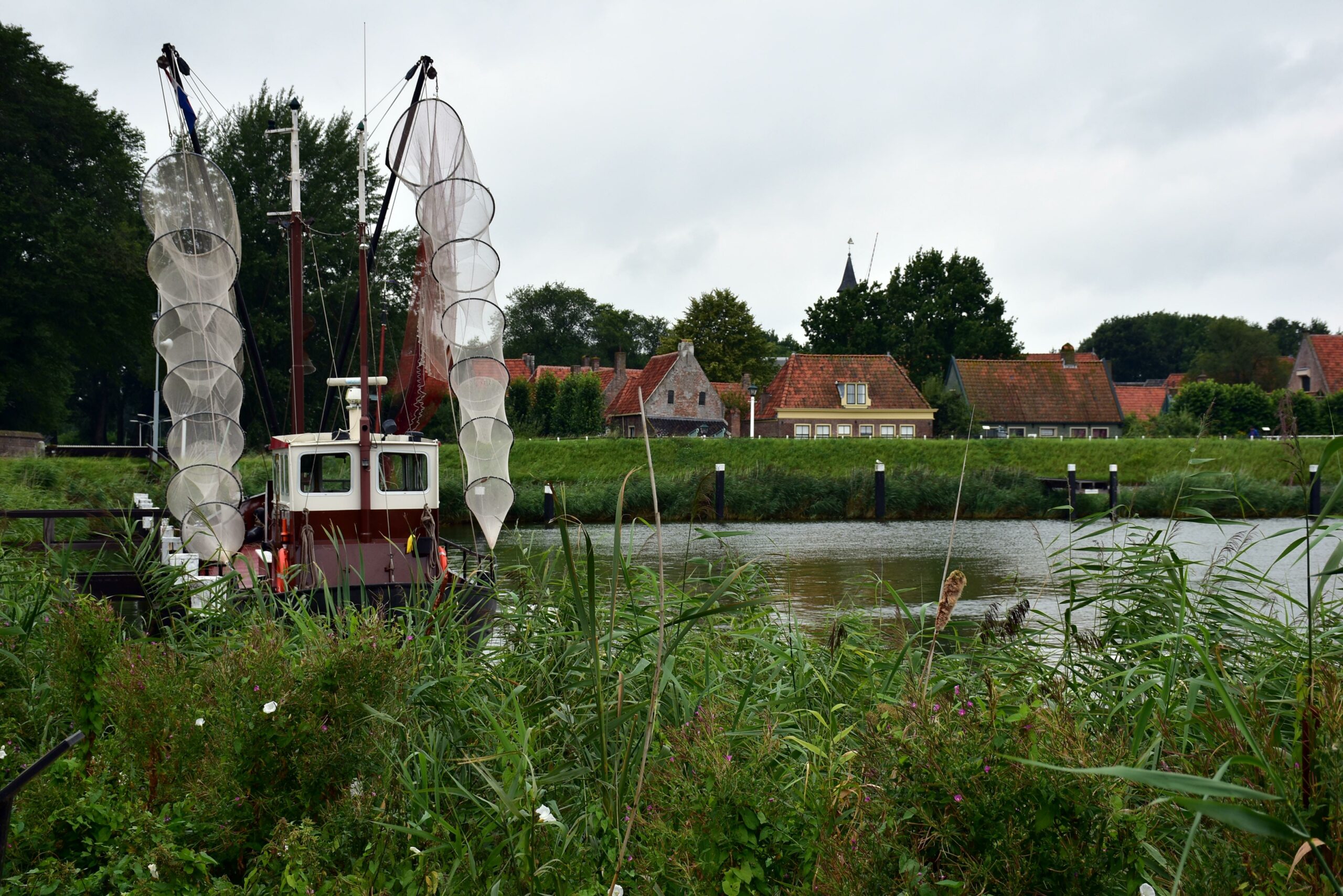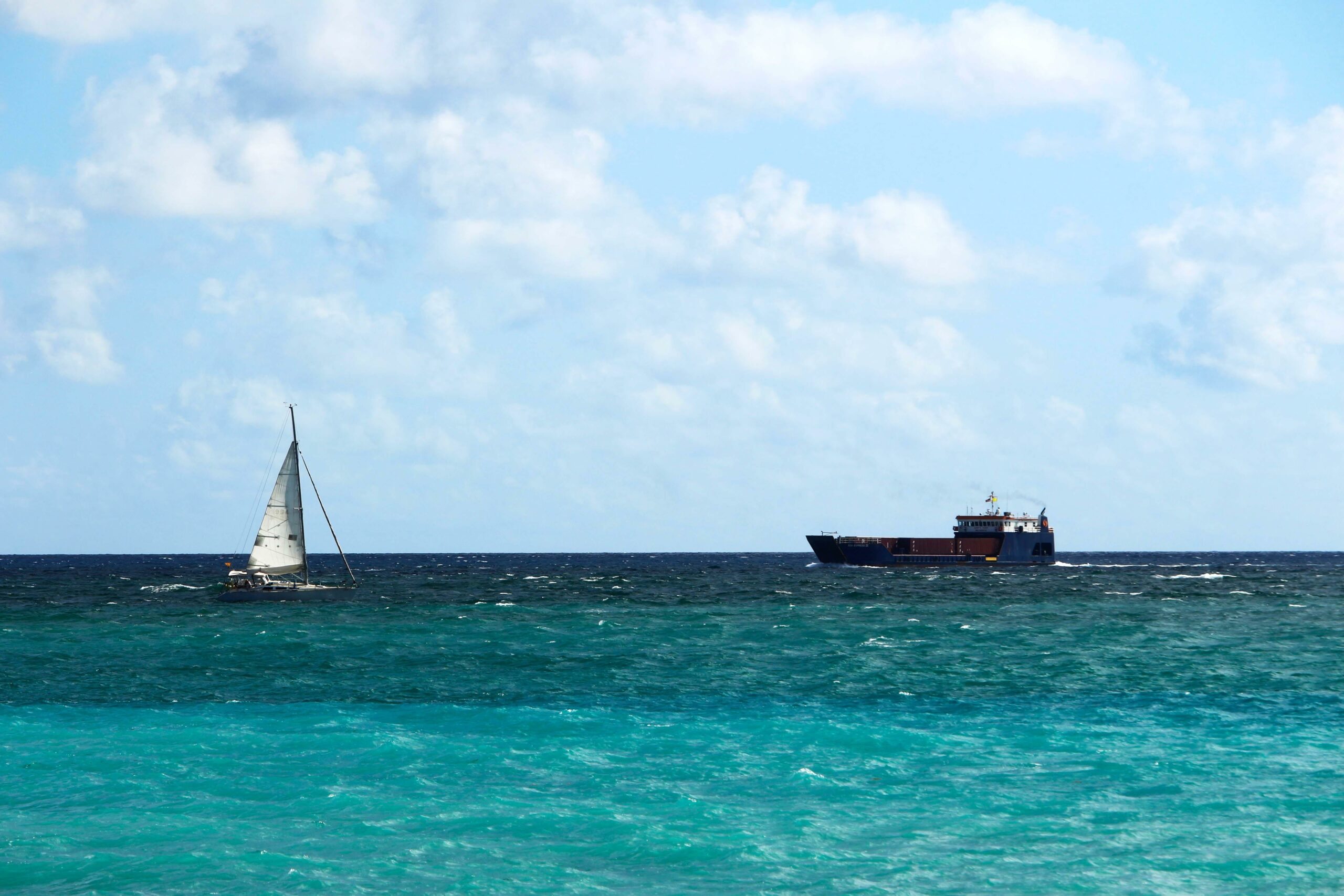Welcome aboard as we set sail on an enthralling voyage through the depths of maritime history. In this captivating article, we embark on a journey to unveil the hidden treasures and untold tales that lie dormant beneath the waves. Join our experienced maritime historian as they navigate through the annals of time, immersing us in the captivating world of ancient vessels, trade routes, and the significant events that have shaped our maritime past. Prepare to be mesmerized as we delve into the mysteries of the sea and unearth the forgotten gems of this awe-inspiring field.

Maritime History
Throughout the ages, the vast and mysterious depths of the sea have captivated humankind’s imagination. From ancient rafts and boats to modern submarines, our relationship with the maritime world has shaped civilizations, trade routes, and significant events. This article delves into the treasures of maritime history, shedding light on the fascinating vessels, trade routes, and events that have defined our past.
Ancient Vessels: From Reeds to Sailboats
Watercraft, in various forms, have traversed the world’s waters since prehistoric times. The Pesse canoe, dating back to 8040-7510 BC, stands as the oldest physical object indicating early watercraft use. In ancient Mesopotamia, sailing vessels made from bundled reeds left behind depictions that offer a glimpse into maritime exploration of the past. These ancient vessels were the precursors to the majestic sailboats and ships of today, enabling humans to traverse vast distances and embark on significant journeys.
Ancient vessels carry whispers of our ancestors’ maritime adventures, their timeless stories etched into the very fabric of our maritime heritage.
Trade Routes: The Highways of the Sea
Maritime history is incomplete without acknowledging the crucial role trade routes played in the development of civilization. The Age of Navigation witnessed Austronesians in Island Southeast Asia engaging in regular maritime trade, establishing links between diverse cultures through the exchange of goods and ideas. However, it was during the Age of Discovery that European ships embarked on extensive voyages, opening up new territories and making groundbreaking discoveries.
Trade routes on the high seas wove together the threads of our global history, connecting civilizations and shaping the world we know today.
Significant Events: Unveiling the Secrets of the Sea
The maritime world has been witness to numerous significant events that have shaped history. From warfare to exploration, from technological advancements to environmental changes, maritime history encompasses a wide range of intriguing narratives. The development and operation of submarines, for example, highlight humanity’s quest to conquer the underwater depths. Meanwhile, the study of maritime history has expanded to include the fascinating history of sea travel and transportation.
Beneath the surface of the sea lie untold stories of triumph, tragedy, and everything in between. A deep dive into maritime history reveals the secrets of the sea, waiting to be unveiled by curious minds.
Unraveling the Narrative: Historiography in Maritime History
Historians have dedicated their expertise to unravel the complex narrative of maritime history. Historiography in this field involves studying the economic, social, cultural, and environmental dimensions that have shaped our interactions with the sea. By meticulously piecing together accounts from journals, encyclopedias, and books, historians delve into the nuances of maritime cultures, vessels, trade routes, and the fascinating events that unfolded upon the waves.
Historians hold the key to unlocking the hidden treasures of maritime history, painting vivid pictures of our nautical past with a careful brushstroke of research and insight.
The Continued Expansion: Towards a Deeper Understanding
The study of maritime history continues to evolve, reflecting our growing fascination with the sea. Recent decades have seen a turn towards the study of human users of ships, shedding light on the lives and experiences of those who ventured out onto the waves. Additionally, the expansion of maritime history now encompasses the exploration of sea travel and transportation history, uncovering the stories of the brave souls who dared to conquer the vast expanse of the ocean.
With each passing wave, maritime history reveals itself to be an ever-expanding field, inviting us to dive deeper into the secrets of our nautical past.
As we delve into the enticing depths of maritime history, we embark upon a captivating journey through time. It is a journey that intertwines cultures, connects civilizations, and uncovers the forgotten tales of those who braved the sea. So let us set sail, guided by the waves of curiosity, as we unveil the treasures of maritime history and honor the sailors, explorers, and adventurers who have forever shaped our world.
Check out these 5 fascinating facts about boats that will surely surprise you! Did you know that boats have been used for transportation for thousands of years? They are not just a modern invention! You won’t believe how boats have evolved over time and how they have played a crucial role in shaping human history. Discover more about the incredible engineering behind boats and how they have enabled us to explore the vast oceans. If you’re curious about the history and science of boats, click here to learn more: 5 Facts About Boats. Don’t miss out on this captivating journey into the world of boats!
FAQ
Q: What is maritime history?
A: Maritime history is the study of human interaction with and activity at sea. It covers a broad thematic element of history that often uses a global approach.
Q: What are some key topics in maritime history?
A: Some key topics in maritime history include maritime cultures, vessels, trade routes, significant events throughout time, and the development of submarines and underwater boats.
Q: How has sailing contributed to civilization?
A: Sailing has played a significant role in the development of civilization by enabling trade, transport, and warfare. It has connected communities, facilitated the exchange of goods and ideas, and expanded cultural and economic interactions.
Q: What are some major reference resources in maritime history?
A: Major reference resources in maritime history include journals, encyclopedias, and books dedicated to the subject. These resources provide valuable information and insights for researchers and enthusiasts interested in maritime history.
Q: What are some recent trends in the study of maritime history?
A: In recent years, the study of maritime history has expanded to include the exploration of sea travel and transportation history. There has also been a focus on the study of human users of ships, delving into the social, economic, cultural, and environmental dimensions of maritime activities.
- Unlock 6000+ words beginning with he: A comprehensive analysis - April 20, 2025
- Mastering -al Words: A Complete Guide - April 20, 2025
- Master Scrabble: High-Scoring BAR Words Now - April 20, 2025
















